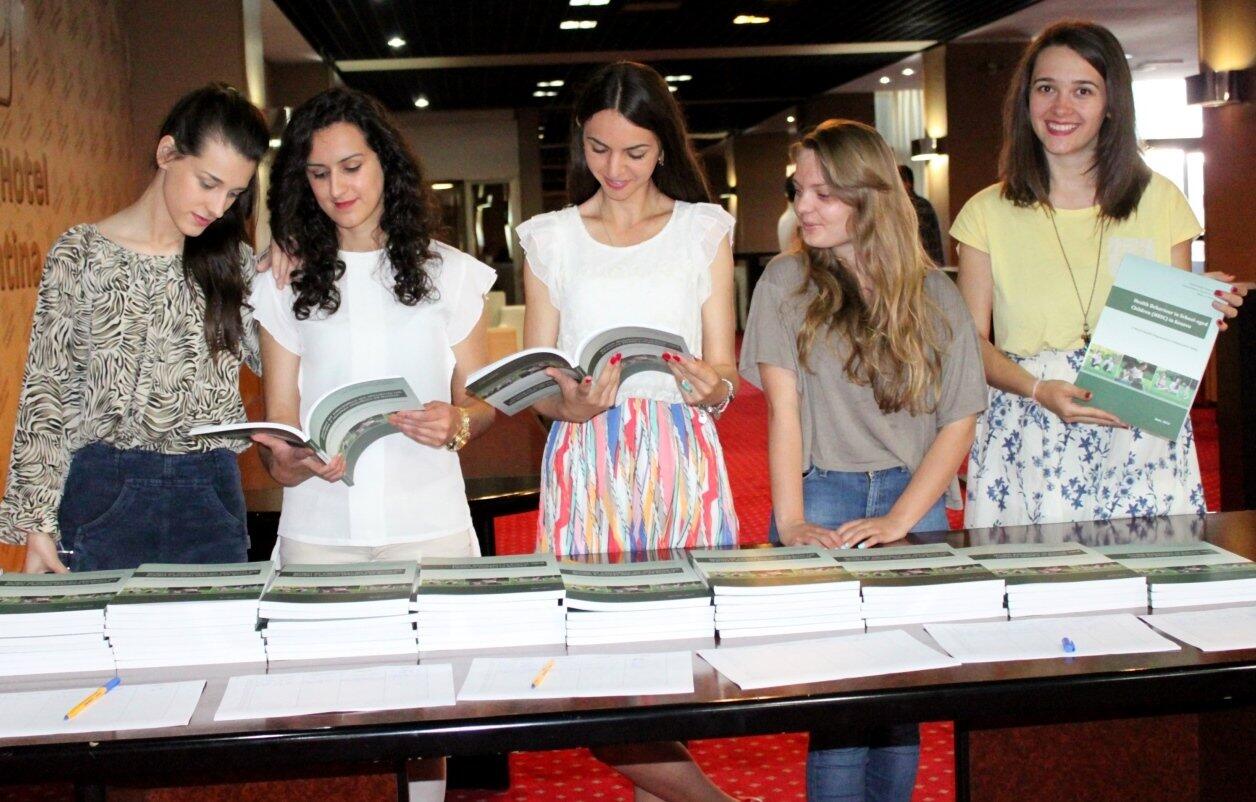PRISTINA – One in four sexually active adolescents surveyed in Kosovo say they don’t use any kind of protection against pregnancy or sexually transmitted infections (STIs), a finding that points to the need for more comprehensive sexuality education in schools.
This figure comes from the study ‘Health Behaviour in School-Aged Children’, conducted for the first time in Kosovo by the World Health Organisation (WHO) and United Nations Population Fund (UNFPA). A representative sample of 4,531 adolescents in the sixth (age 11), eighth (age 13) and tenth (age 15) grades was surveyed about various health behaviours, including those related to sexual and reproductive health.
Tenth-grade students were asked whether they were sexually active, with 13.3 per cent saying they were; the most common ages for first sexual intercourse were 14 and 15. Condoms were the most popular contraceptive, used by 33.2 per cent of sexually active respondents, though 26.5 per cent said they did not use any kind of protective measure. Additionally, more than half of sexually active students said they did not use a condom during their last sexual intercourse. This finding ‘demonstrate[es] a low awareness level amongst adolescents [about] the risk of [STI] transmission and pregnancy’, the report’s authors concluded.
‘Based on this information, UNFPA will step up its advocacy work to empower parent-teacher associations, address violence and gender-based violence in schools, promote youth-friendly health services, and support the social marketing of condoms’, said Visare Mujko-Nimani, UNFPA’s Assistant Representative in Pristina.
The study also looked at behaviours such as smoking and drinking, which were found to have a relatively low prevalence, and bullying, which emerged as a more serious concern, with nearly a quarter of schoolchildren surveyed saying they had been involved in a physical fight or experienced harassment by others over the last 12 months.
In addition to providing a better statistical overview of the health and well-being of adolescents in Kosovo, the study also aims to inform policymakers and influence the development of programmes and priorities that improve the lives of young people. The survey was carried out in close cooperation with the Ministry of Health, Ministry of Education, Science and Technology, and the UNICEF Office in Kosovo, with financing from the Government of Luxemburg.
The full study ‘Health Behaviour in School-aged Children in Kosovo’ can be downloaded as a pdf from the UNFPA Kosovo website.



